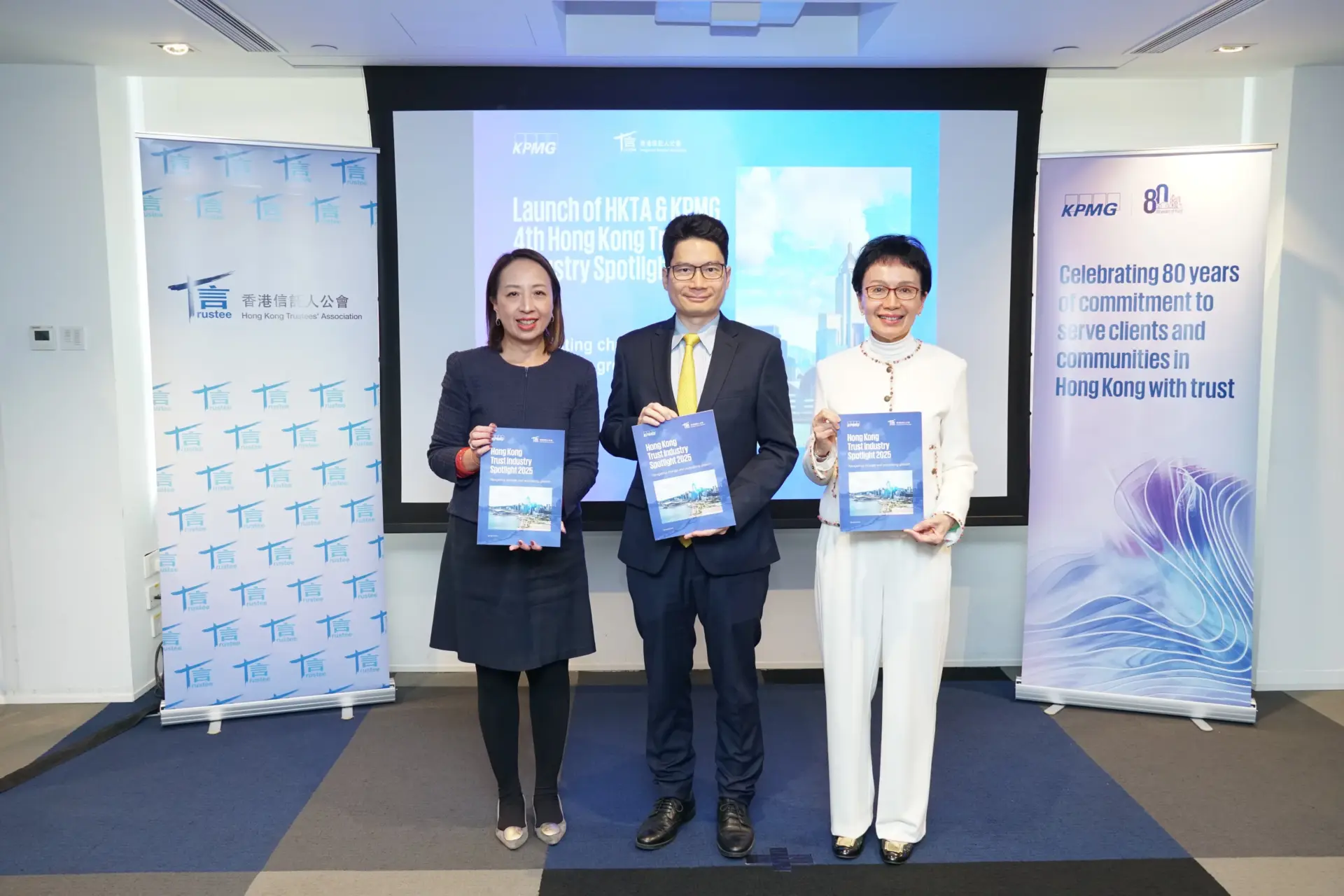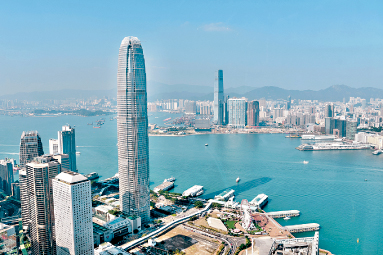Upbeat HK wealth sector eyes mainland, family offices for growth
2024-11-22
Hong Kong’s private wealth management sector remains bullish on its five-year outlook, buoyed by Chinese mainland wealth opportunities and the city’s growing allure as a regional family office hub, according to an industry survey published on Friday.
The optimism persists despite global headwinds, including geopolitical tensions, central bank rate fluctuations, and digital disruptions, according to the ninth annual Hong Kong Private Wealth Management Report 2024, coauthored by the Private Wealth Management Association (PWMA) and KPMG China.
The report found that the sector’s confidence is entrenched by Hong Kong’s status as a “leading” family office hub, with surveyed firms identifying both family offices and next-generation wealth as key growth drivers.
Assets under management edged up 0.6 percent to HK$9,022 billion ($1,159 billion) in 2023, marking a turnaround for the sector as inflows nearly tripled from the previous year.
Capital from the Hong Kong Special Administrative Region and the mainland account for 67 percent of total assets under management, the report found. While the mainland remains the dominant source of wealth, firms are diversifying their focus, with 21 percent targeting Southeast Asia and 15 percent exploring Middle Eastern markets.
Wealth managers are increasingly targeting the $5-10 million segment, which is expected to show the strongest growth over the next five years.
The report findings are based on responses from 35 firms representing 80 percent of Private Wealth Management Association members, supplemented by data from the Securities and Futures Commission’s Asset and Wealth Management Activities Survey 2023.
The sector’s growth is underpinned by recent government initiatives outlined in the 2024 Policy Address, according to the report. The SAR government pledged to consult industry players on broadening tax benefits for single-family offices, while exploring new listing routes for private equity funds through the Hong Kong Stock Exchange.
“These measures complement Hong Kong’s efforts to enhance its status as an international financial center and attract global talent,” the report said.
Hong Kong maintains competitive advantages that surveyed firms said are difficult to replicate elsewhere: business-friendly infrastructure, a simple tax regime, robust regulation, free capital flows, and deep financial markets.
Chairman of the PWMA executive committee Amy Lo said Hong Kong’s private wealth management industry boasts lucrative opportunities in “family offices, ongoing wealth creation, intergenerational wealth transfer, and robust government initiatives promoting Hong Kong’s ‘superconnector’ proposition.”
“Many of the developments in technology, AI, digitalization, and the next generation have had a profound impact on the development of our industry as well,” she added.
Digital transformation is reshaping the industry. Firms reported big improvements in customer satisfaction through AI applications, particularly in risk profiling and suitability assessments. The industry is prioritizing AI use cases that balance technical feasibility with business impact, according to the report.
Song Jianing, head of advisory and head of banking and capital markets in the Hong Kong SAR of KPMG China, said the industry tends to overestimate AI’s immediate impact but underestimates its five-year transformation potential.
“AI adoption will continue unabated and if we are well positioned to embrace this new reality, we have a chance to fundamentally reshape how we interact and serve clients better, as well as redefine the future of the workplace and the workforce,” Song said.
Hong Kong’s advantage in wealth accumulation is echoed in global consultant firm Altrata’s 2024 Billionaire Census. According to the report, Hong Kong ranks second globally with 107 billionaires whose fortunes exceed $1 billion, trailing only New York.
The Altrata’s report found 28 percent of the world’s billionaires live in just 15 cities. Three mainland’s cities – Beijing, Shenzhen and Hangzhou – made the list.
Sources: China Daily








